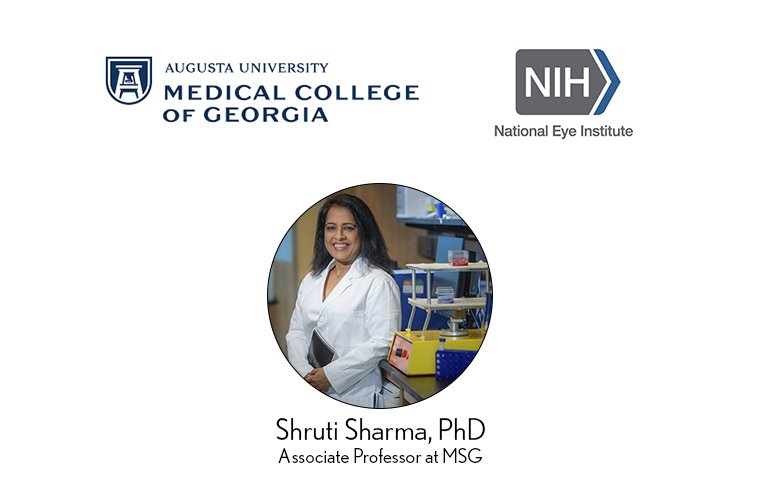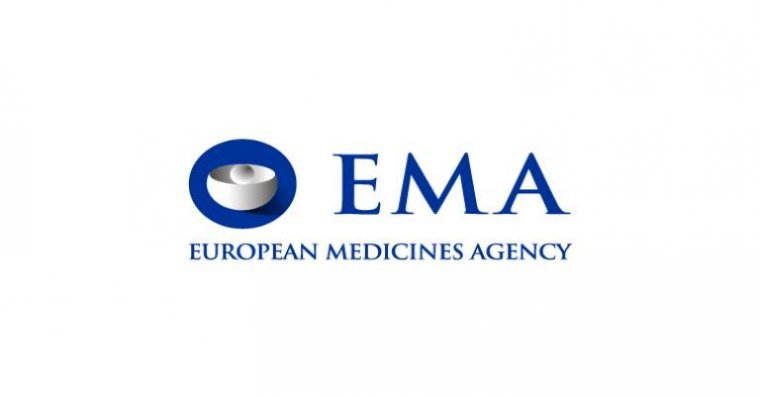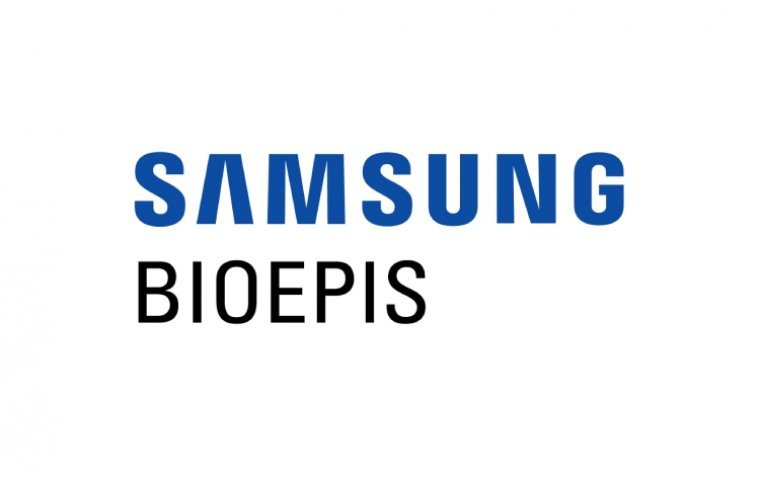
MCG Scientists Receive $1.5 Million Grant to Target Diabetic Retinopathy
Researchers at the Medical College of Georgia (MCG) at Augusta University have been awarded a $1.5 million grant from the National Eye Institute to develop a new treatment for diabetic retinopathy, a leading cause of blindness. Diabetic retinopathy results from sustained high blood sugar levels that damage the retina, leading to blood vessel breakdown, leakage, or blockage.
Current Treatment Challenges
While anti-VEGF therapies, which block the activity of vascular endothelial growth factor, are the current standard for treatment, they don’t work for all patients. Anti-VEGF targets the growth of abnormal blood vessels and helps prevent leakage, but some patients experience serious side effects or do not respond to the treatment.
Focus on Interleukin-6 (IL-6)
The research team, led by vascular biologist Dr. Shruti Sharma, is focusing on Interleukin-6 (IL-6), a protein involved in both inflammation and immune response. IL-6 plays a dual role through two signaling mechanisms: cis-signaling, which promotes beneficial effects, and trans-signaling, which contributes to harmful inflammation. Blocking IL-6 completely removes both its positive and negative effects, complicating treatment.
“We already know that trans-signaling works through endothelial cells because they lack the membrane-bound receptor, which would explain the inflammation and overgrowth of blood vessels in the eye,” Sharma said.
New Treatment Pathway
To selectively inhibit the harmful IL-6 trans-signaling pathway while preserving the beneficial cis-signaling, the team will use a drug called sgp130Fc. Early studies showed this drug helped balance the levels of two key proteins: VEGFA, which contributes to retinal damage, and VEGFB, which is protective. The team hopes this balance will help prevent the progression of diabetic retinopathy.
Research Focus on Müller Glial Cells
The study will also examine Müller glial cells, which play a significant role in maintaining the health and function of the retina. These cells participate in both cis- and trans-signaling and are believed to influence the behavior of endothelial cells, which are involved in the overgrowth of blood vessels in the retina.
The researchers will use animal models to explore how blocking IL-6 trans-signaling impacts retinal function, using photoreceptor response as a key measure of eye health and disease progression.
Global Impact of Diabetic Retinopathy
An estimated 103 million people globally suffer from diabetic retinopathy, and this number is expected to rise to 161 million by 2045. With current treatments unable to address all patients, the MCG team’s research could lead to more effective therapies for this growing population.
“We believe that when we selectively inhibit trans-signaling using this drug, while allowing cis-signaling to continue, we will be able to stop the damage,” Sharma said.
(1).jpg)










